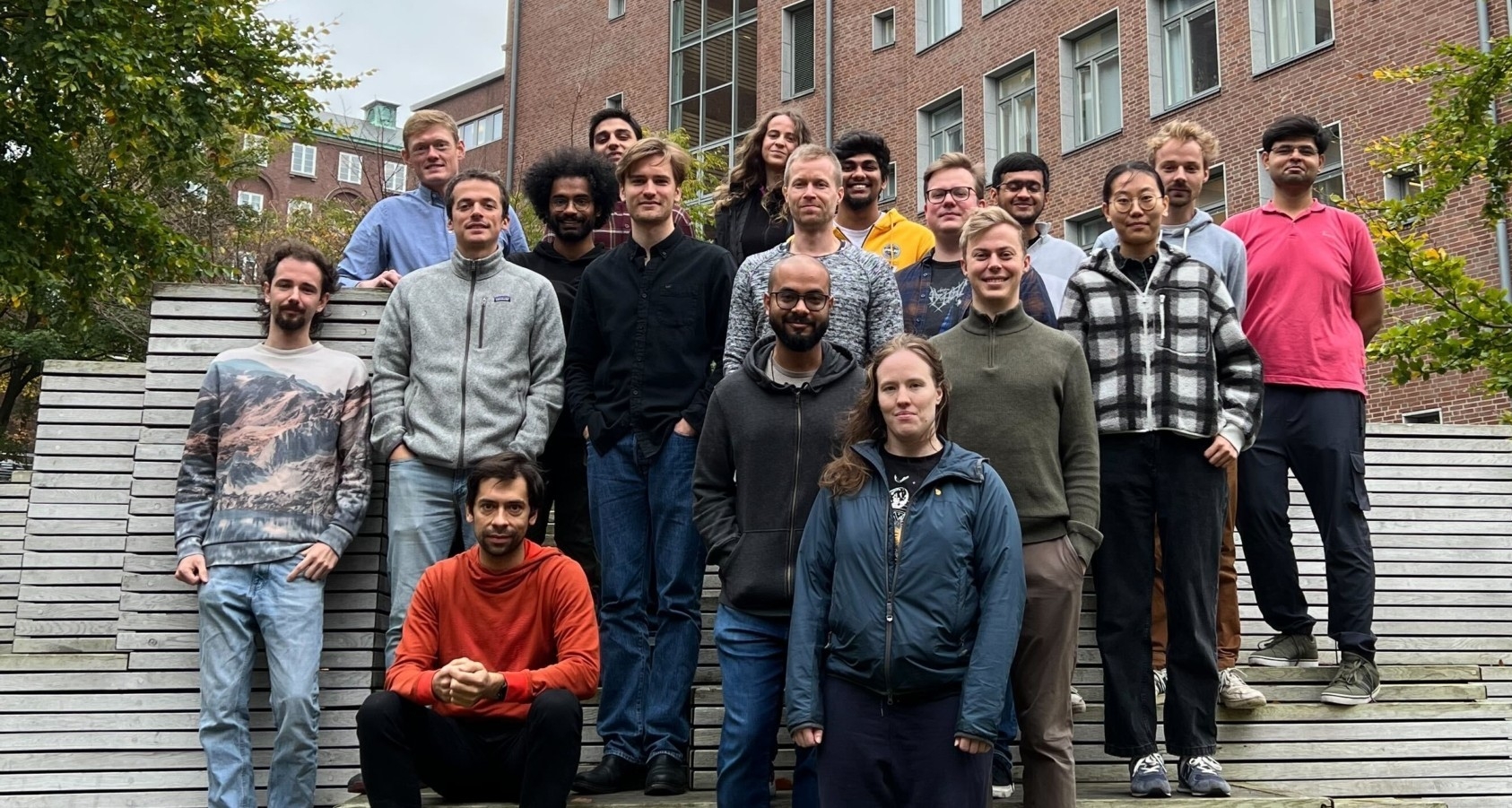


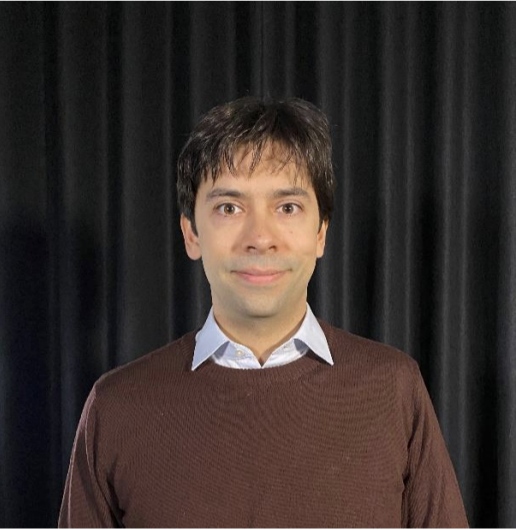
Simone grew up in Bologna, Italy. He completed his BSc and MSc studies at Università di Pisa and Scuola Normale Superiore. He obtained his PhD at Aalto University (November 2014) with a doctoral thesis in low-temperature nanophysics, supervised by Jukka Pekola. Before joining Chalmers, he was a post-doctoral researcher at ETH Zurich in the group of Andreas Wallraff (2015-2018). There he made several contributions in the areas of quantum information processing, microwave quantum optics, and hybrid superconductor-semiconductors quantum systems. He moved to Chalmers as a permanent researcher in November 2018. In May 2020, he took on an assistant professor position and started his own research group, the 202Q-lab. He was promoted to Associate Professor (Docent) in June 2024. He is part of the management group of WACQT, a 12-year Swedish initiative to build a quantum computer. In 2023, together with Robert Rehammar, he founded Sweden Quantum AB to develop inventive solutions in cryogenic hardware for quantum technologies. In his free time, Simone likes outdoor activities and reading a good book.
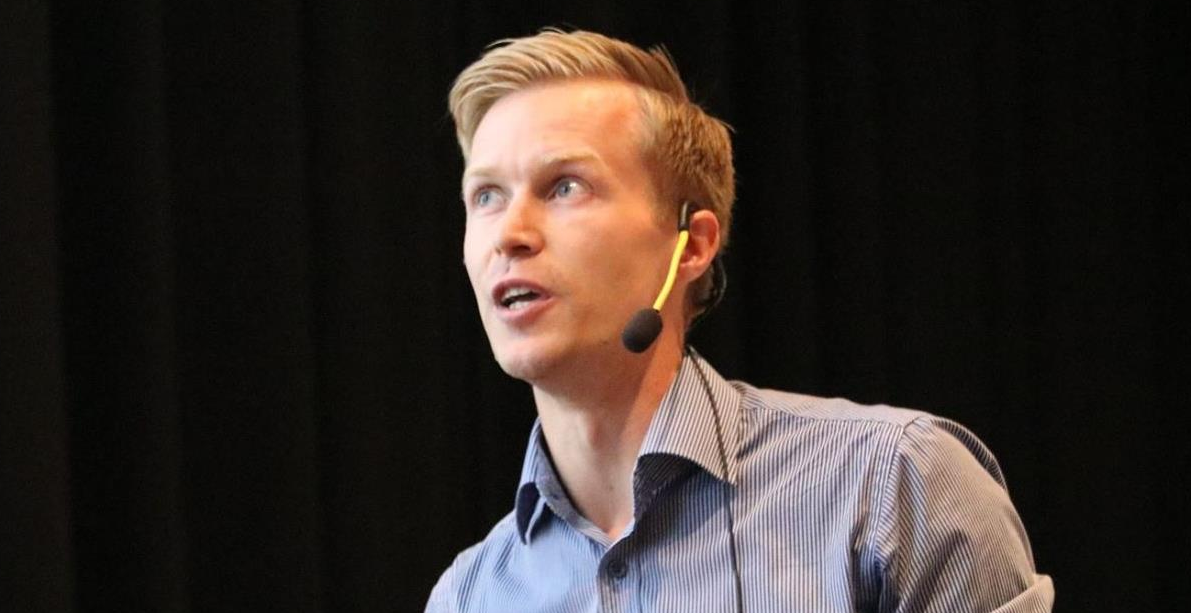
Axel joined the 202Q-lab in September 2021. He got his PhD degree in Physics at Chalmers University of technology in 2017 working on electromechanical resonators. He has been working at Volvo AB as a software developer where he designed diagnostic functions to detect hardware degradation and Zenseact where he worked as a data management solution architect for the deep learning area. He is currently working on quantum computing with continuous variable. In his free time, he is collaborating with different researchers to gather and spread knowledge about how the brain learns.

Aamir obtained his PhD in Physics at Indian Institute of Science, Bangalore, where he studied mesoscopic transport in semiconductor nanostructures. He then moved to the Institute of Photonic Sciences, Barcelona for his first postdoc where he performed the measurement of the smallest ever heat capacity using a mesoscopic device. He joined 202Q-lab in August 2020, where he is exploring quantum thermodynamics with circuit QED. On the side, he enjoys reading about cognitive sciences and western philosophy.
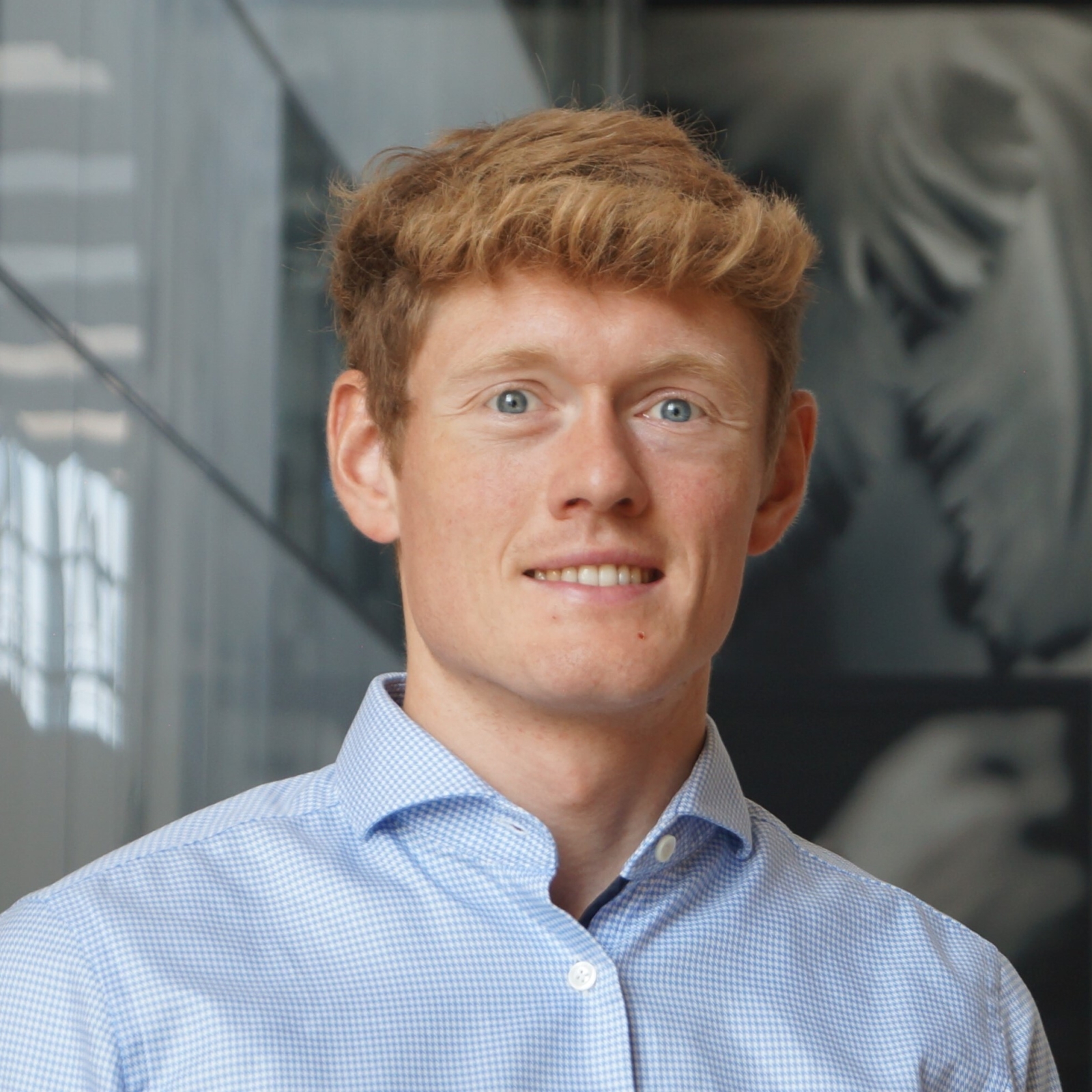
Lukas joined as postdoctoral researcher in September 2024 to advance bosonic quantum computing architectures based on superconducting circuits. He obtained his PhD degree from the Technical University of Delft/The Netherlands for his work on “Gate-tunable kinetic inductances for superconducting circuits”.
In his spare-time, Lukas prepares for long-distance bike rides through Europe and enjoys running and climbing.
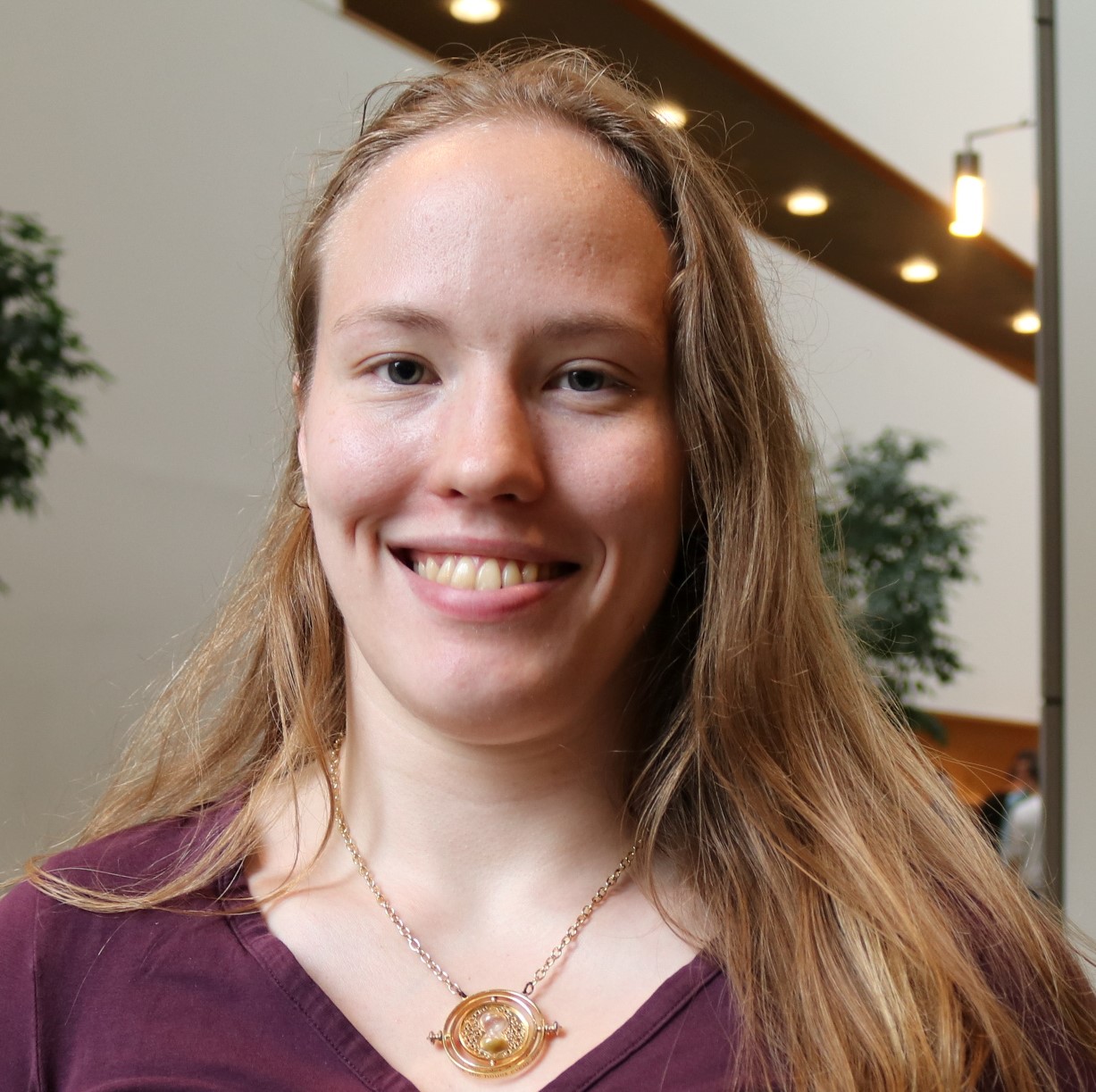
Ingrid joined 202Q-lab directly after obtaining her Ph.D., also at Chalmers but in the Applied Quantum Physics group, where she did numerical simulations for different types of generation and characterization of microwave quantum states. Now, she is still working on quantum state tomography, but will also branch out to the development of microwave switches. Lots of her free time is spent in the gym, doing weightlifting.
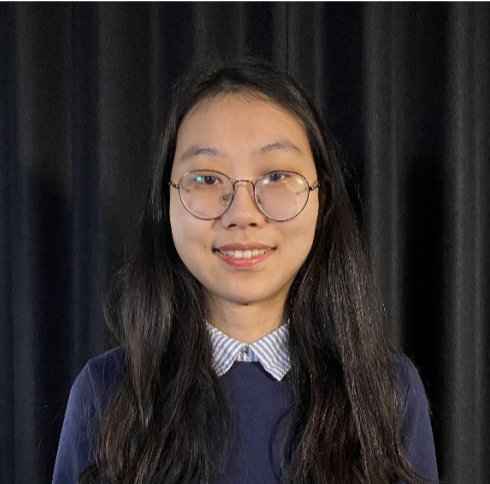
Claire joined 202q-lab in 2019 as an industrial PhD working in the project of Distributed Quantum Computing while being employed by Ericsson Research. After finishing her PhD, she continued working at the lab as a post-doc in March 2025. She got her master’s degree in Electrical Engineering from KTH-Royal Institute of Technology in Stockholm, Sweden; and her bachelor’s degree from Beijing University of Aeronautics and Astronautics (Beihang University) in China. She enjoys reading and drawing during her spare time.

Thomas joined 202Q-lab as a postdoctoral researcher in October 2024, focusing on quantum enabling technologies. He earned his PhD from RWTH Aachen University, where he investigated gate-defined quantum dots, and later held a postdoctoral position at KTH Royal Institute of Technology in Stockholm, working on the integration of optical quantum dots into photonic circuits.
In his free time, Thomas enjoys training for triathlons.
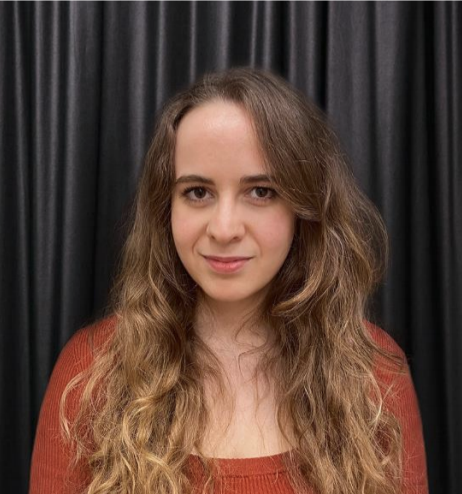
Claudia joined the 202Q-lab in September 2020. She did her degree in Electronic Engineering at the University of Granada and an exchange year at EPFL. In 2018 she started her master’s in Nanoscience and Nanotechnology at KU Leuven. Her research focuses on the use of metamaterials to mediate the interaction between atoms. In her free time, she enjoys dancing and working out.
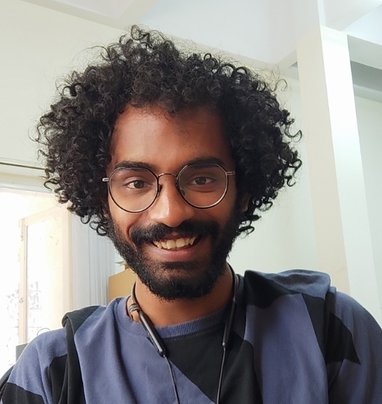
Kunal joined 202Q-lab as a PhD student in March 2023. He has obtained his Masters and Bachelors’s degrees in Physics from the Indian Institute of Science. His Master’s thesis focussed on fabrication and the study of devices for the generation of entangled photons. For his Bachelor’s thesis he worked on implementing a PDH cavity-locking scheme in the TIQI group at ETH Zurich. His research focuses on using continuous variables for quantum computing. He is an F1 nerd, and in his free time, he enjoys reading, playing frisbee, and football, and going cycling.
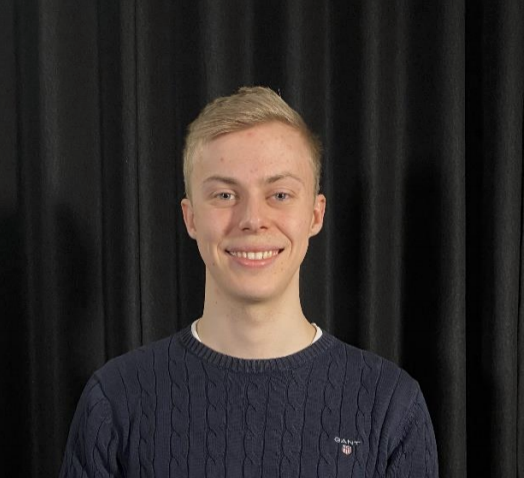
Simon did his master’s degree in physics at Chalmers. In late 2020, he joined 202Q-lab as an amanuensis, where he developed a virtual instrument for control and readout of superconducting qubits by the means of pulse sequencing. Then, he started his master thesis on quantum thermodynamics working under the supervision of Aamir. After an exchange in Hong Kong, he came back to 202Q-lab to do his PhD at the end of 2022. Besides physics, he enjoys rock climbing, programming, and scuba diving.
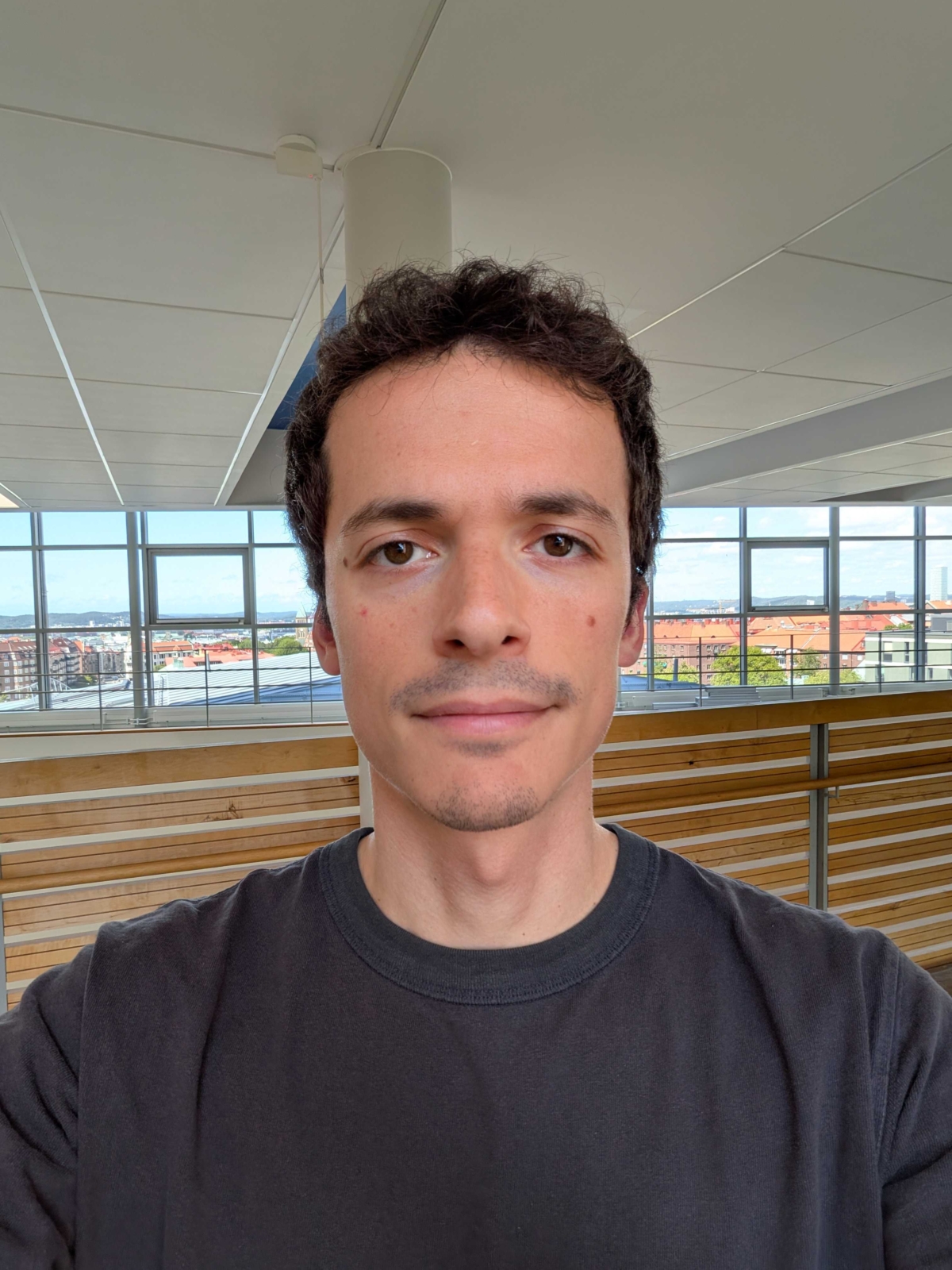
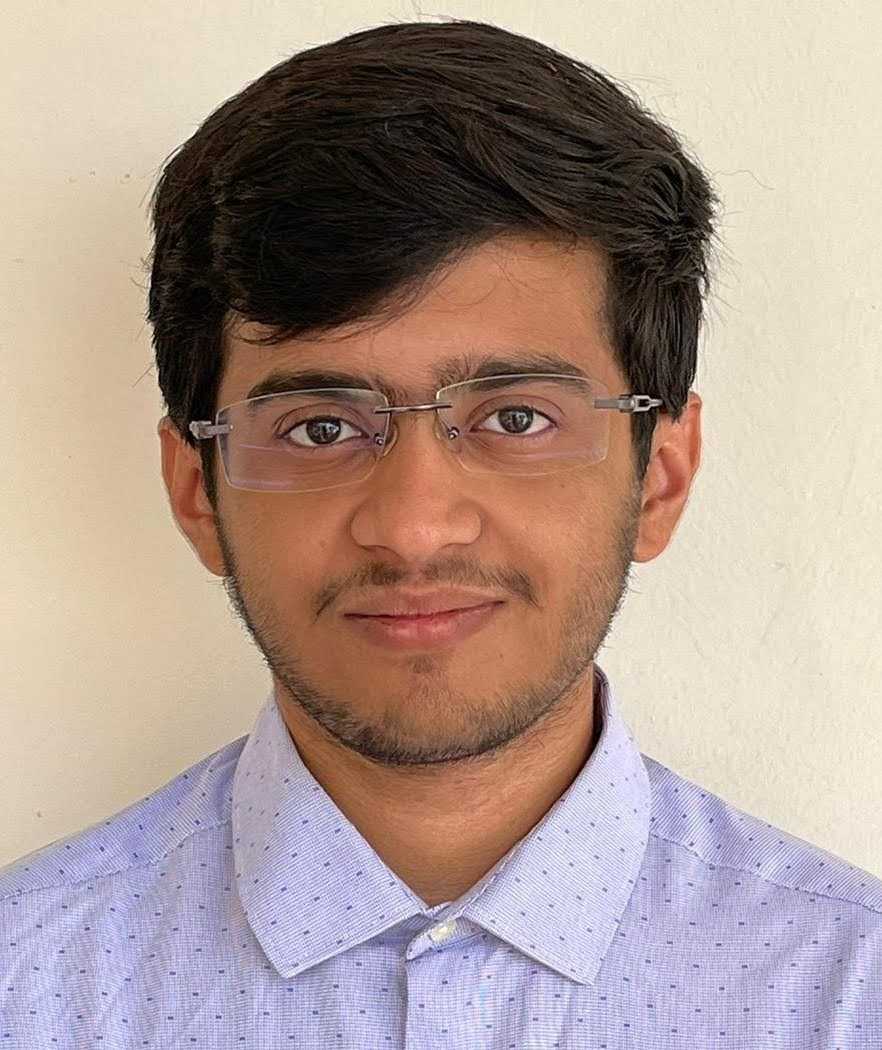
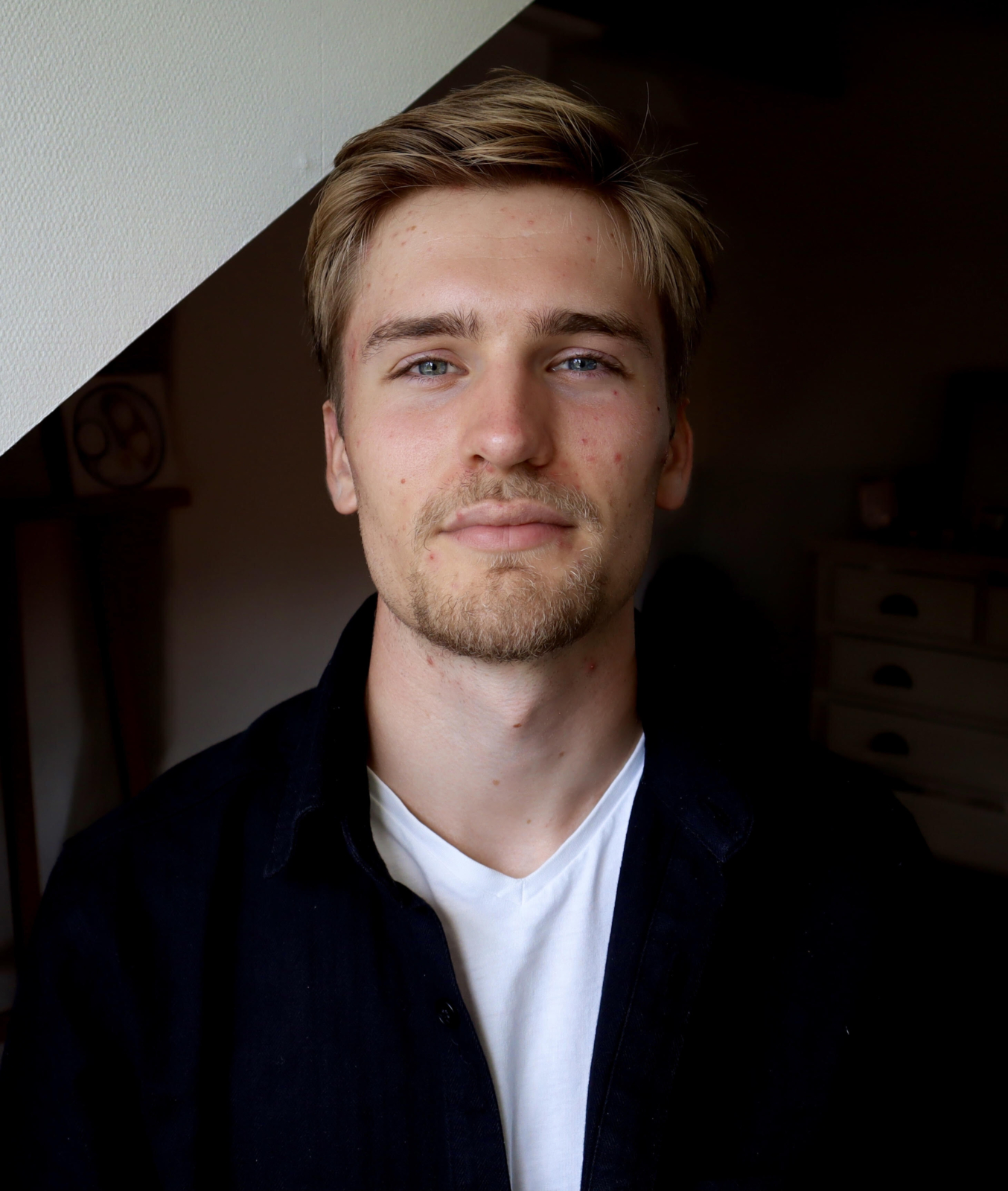
Linus worked as an amanuensis in the area of microwave engineering for quantum computing applications. He did his B.Sc. in Electrical Engineering and completed his master’s degree in Wireless, Photonics, and Space at Chalmers, joining the lab in spring 2023 for his thesis. Currently, he is working as a PhD student within a WALP project developing infrared filters using High-Energy Radiation Drain (HERD) technology and evaluating their impact on superconducting qubits and developing TWPAs. When he is not working, he likes running and cycling.
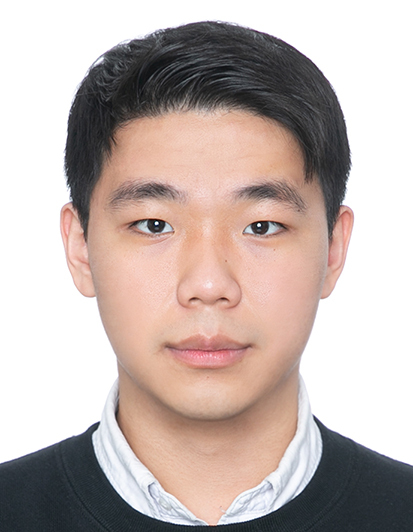
Kiwmann joined the 202Q-Lab as a PhD student in April 2025. He holds both a Bachelor’s and Master’s degree in Physics from Yonsei University in Seoul. His research focuses on bosonic quantum computing architectures using circuit QED, aiming to bridge fundamental physics and emerging quantum technologies. In his free time, he enjoys playing ice hockey.
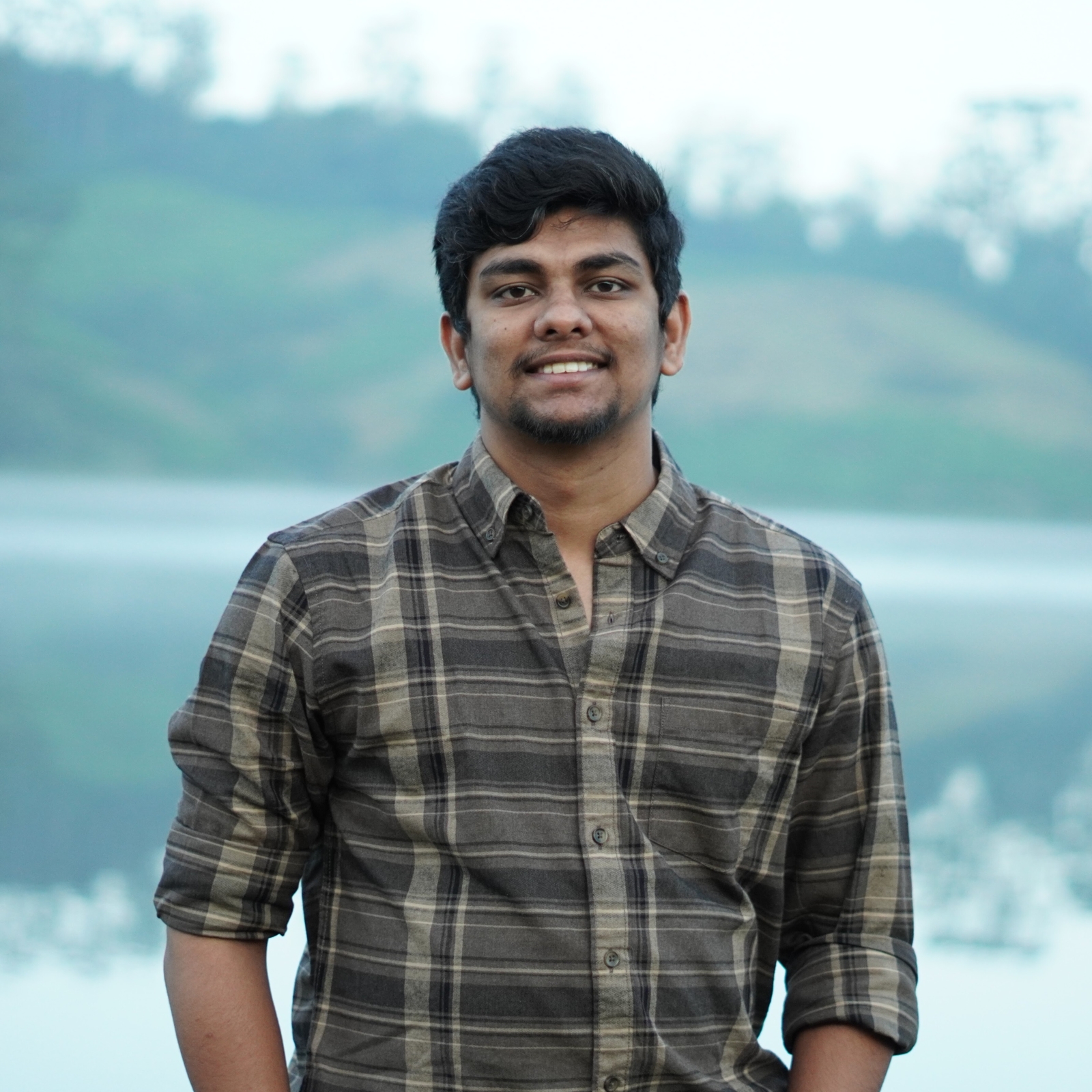
Niranjan earned his Master of Science in Physics from the University of Cologne, Germany. He joined 202Q-Lab for his master’s thesis in December 2022, designing high-Q planar superconducting lumped element resonators.. He came back to the lab for his PhD in March 2024: currently, he is as a member of the CV team, where his research focuses on CV quantum computing asymmetrically threaded SQUIDs. Outside the lab, Niranjan enjoys karting, cooking, and playing the guitar.
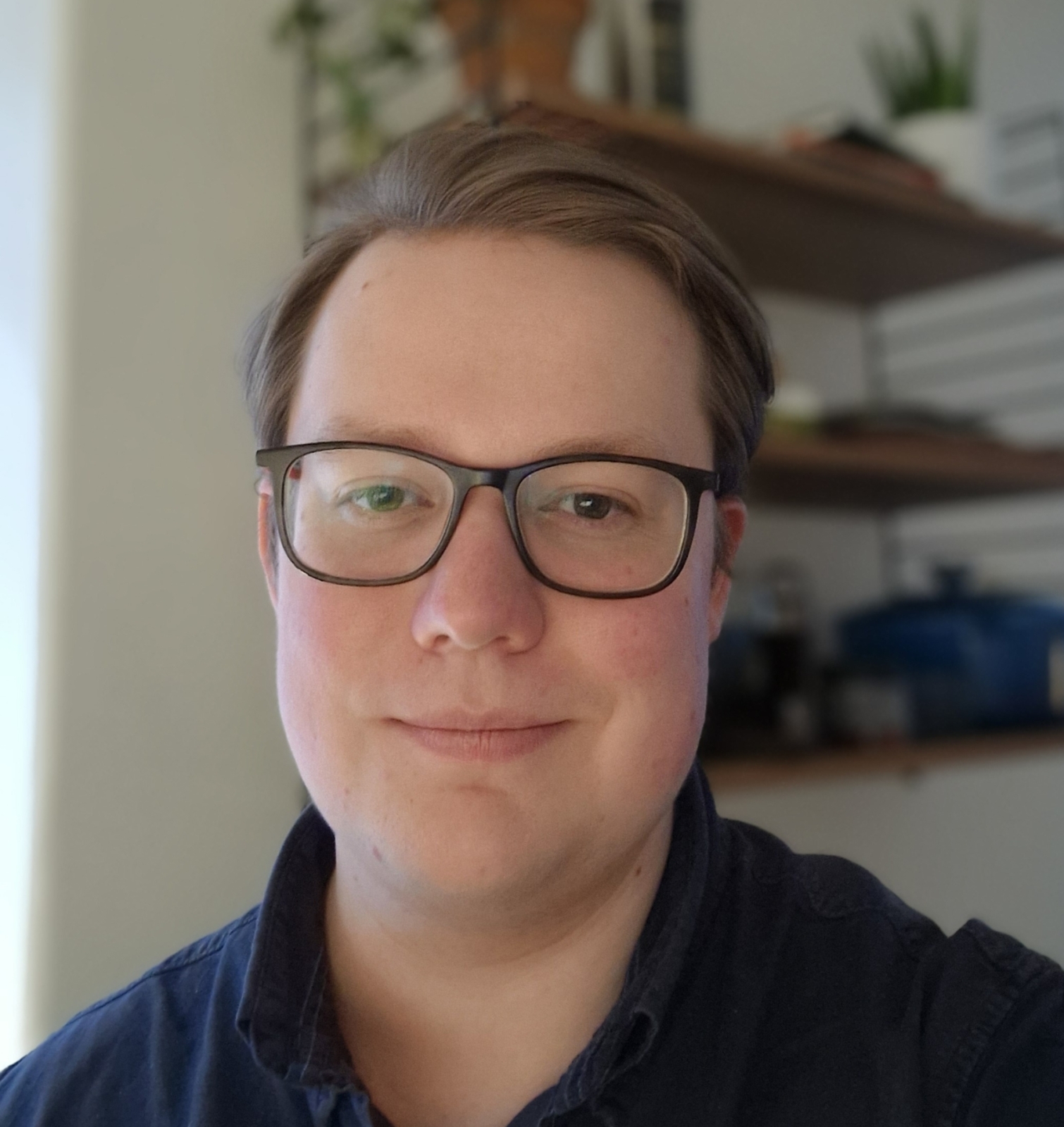
Ludvig did his bachelors at Chalmers and joined 202Q-Lab for his master thesis in January 2024. His masters thesis was within the field of quantum thermodynamics. After that, he continued working at the lab as a research engineer within the quantum thermodynamics. In April 2025, he started his Phd. In his spare time he enjoys cooking, playing the bass and playing pinball.

Nora joined 202Q-lab as a PhD student in June 2025. She obtained her master’s and bachelor’s degrees in physics from Southern University of Science and Technology. Her master’s thesis focused on distributed quantum system and simulations using synthetic frequency dimension in cables. In this group, her research focuses on using continuous variables for quantum computing. In her spare time, she enjoys reading, watching musicals and travelling.
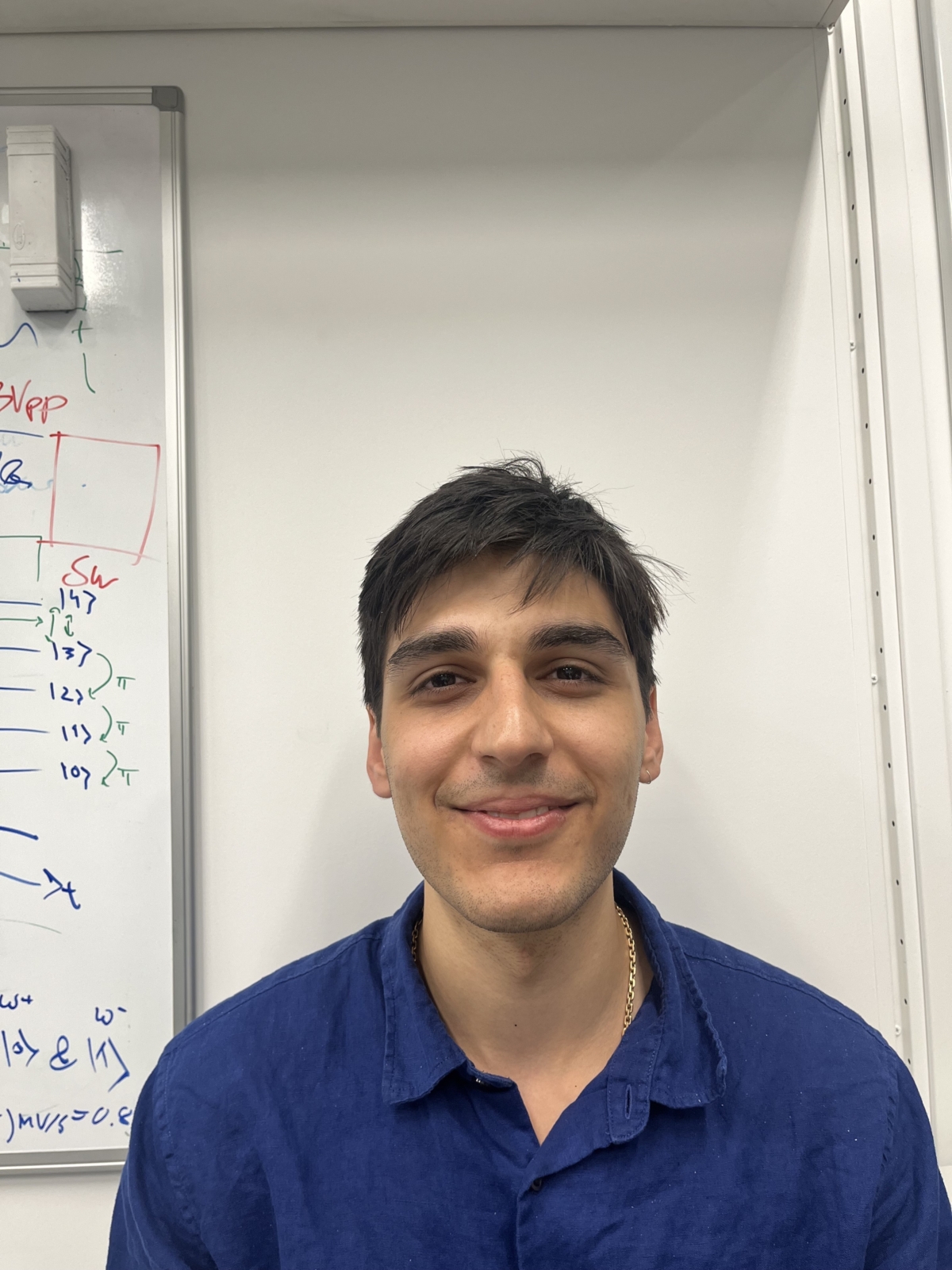
Saba is from Georgia and holds a bachelor’s degree from the Free University of Tbilisi. He completed the first year of his master’s at KU Leuven and joined the group in November as a thesis student, working on developing fluxonium qubits. In his free time, he enjoys working out and reading.
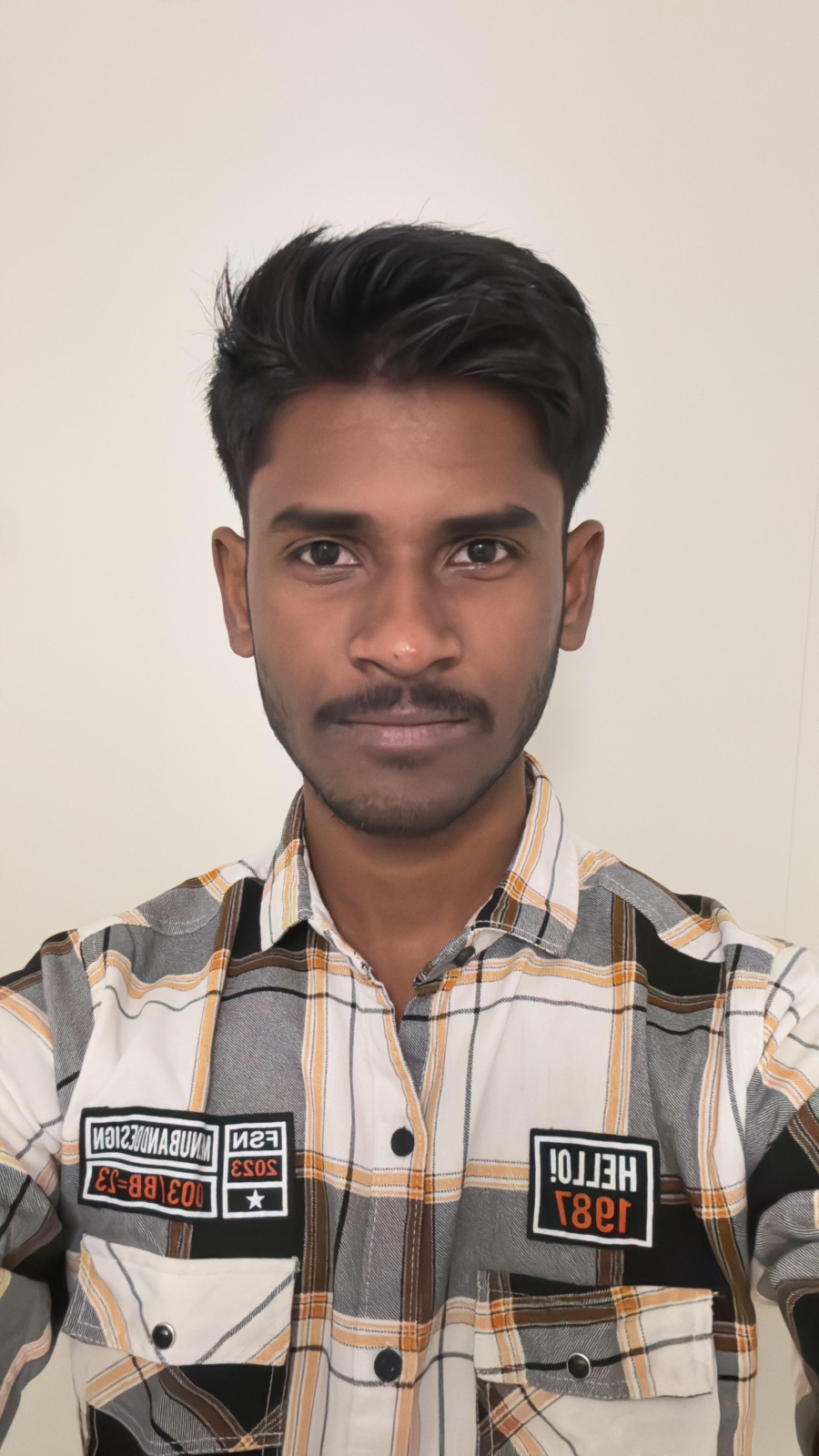
Sri joined the 202Q Lab as a WACQT summer intern in June 2025. He is pursuing his Master’s in Nanotechnology at KTH Royal Institute of Technology. During his studies, he fabricated MEMS and CMOS devices at the Electrum Laboratory. He was awarded the MITACS GRI for summer 2024, during which he worked on the fabrication and characterization of TFT-based OECTs at ETS Montreal. During his undergraduate studies, he worked on various projects, ranging from autonomous drones to THz antennas. His current work focuses on designing a superconducting bias tee for quantum applications.
He enjoys dancing and is a Formula 1 superfan. In his free time, he practices calisthenics or yoga.
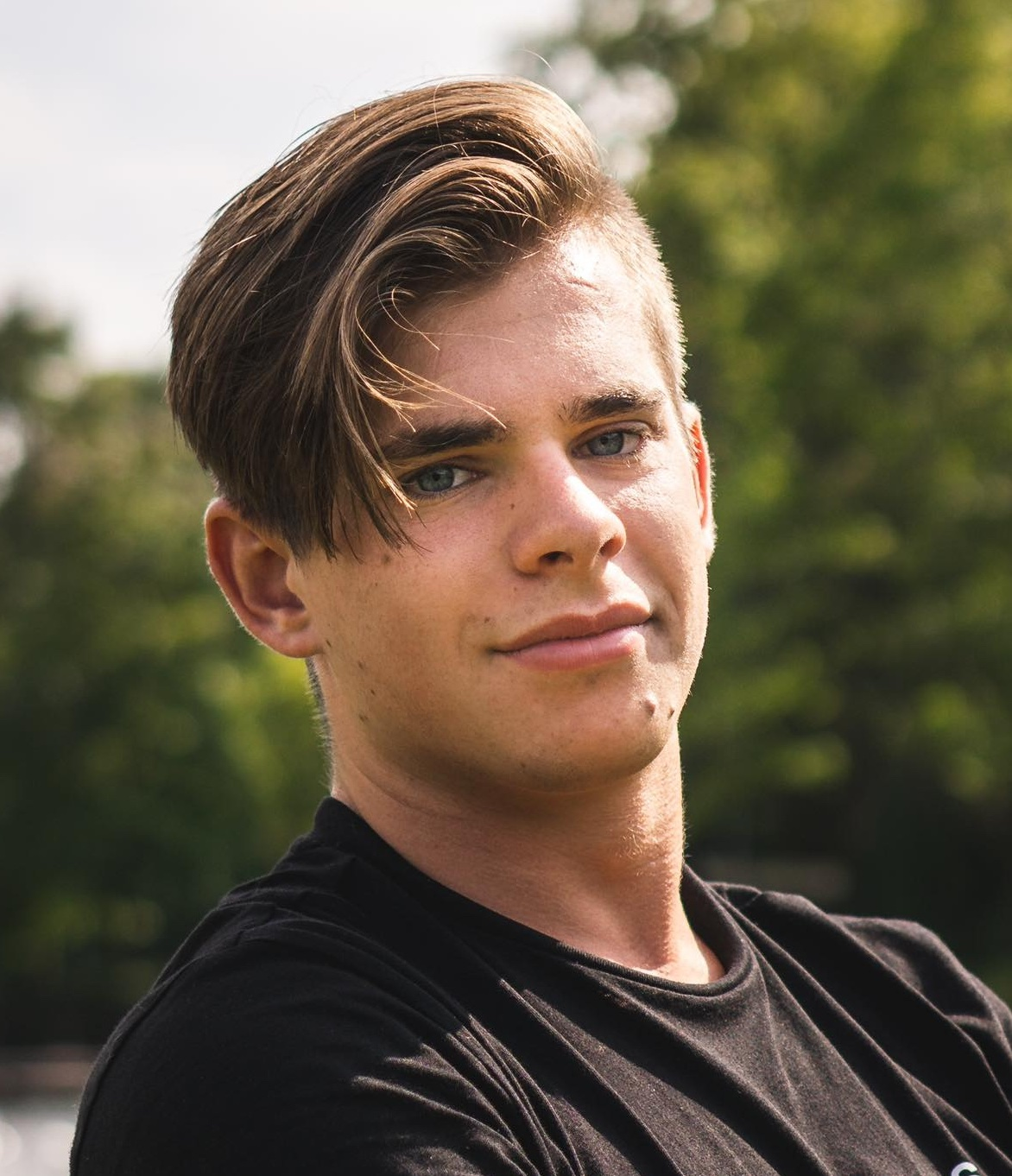
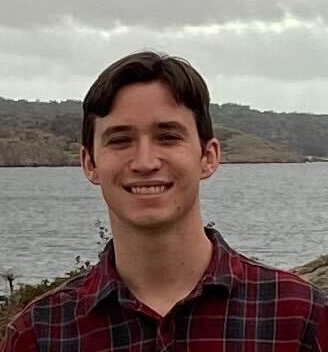
Benjamin joined the 202Q-lab as an Amanuensis in December 2023, where he is helping to optimize equipment with applications to quantum computing. He obtained his B.Sc in Mathematics from the University of Florida in 2022 and in August 2023 he started the Masters in Complex Adaptive Systems at Chalmers, where he is focusing on Artificial Intelligence and Optimization. In his free time he enjoys playing volleyball, cooking, reading, and working out.
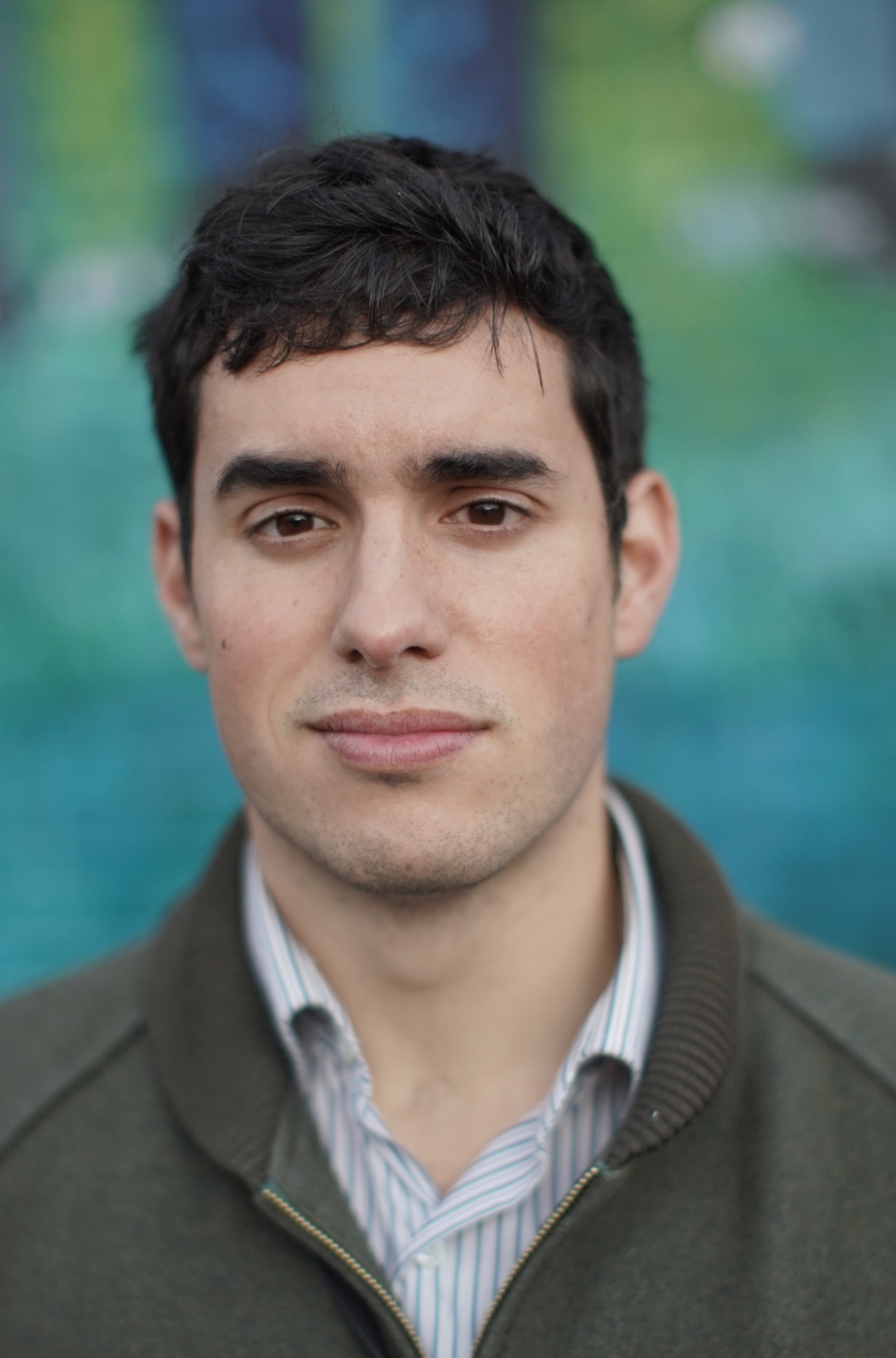
Francois received an M.S. degree in electronic engineering and Ph.D. degree in astrophysics at Paris Observatory. His thesis concerned the development of a far-infrared heterodyne receiver for astronomical observations. He then carried his research at the Laboratory for Physical Sciences, College Park, USA, for the development of graphene infrared detectors. He also studied the magneto-optical properties of novel Weyl materials. He joined Chalmers to work on a gate tunable superconducting quantum device. In his spare time, he enjoys playing water polo with the Goteborg team.
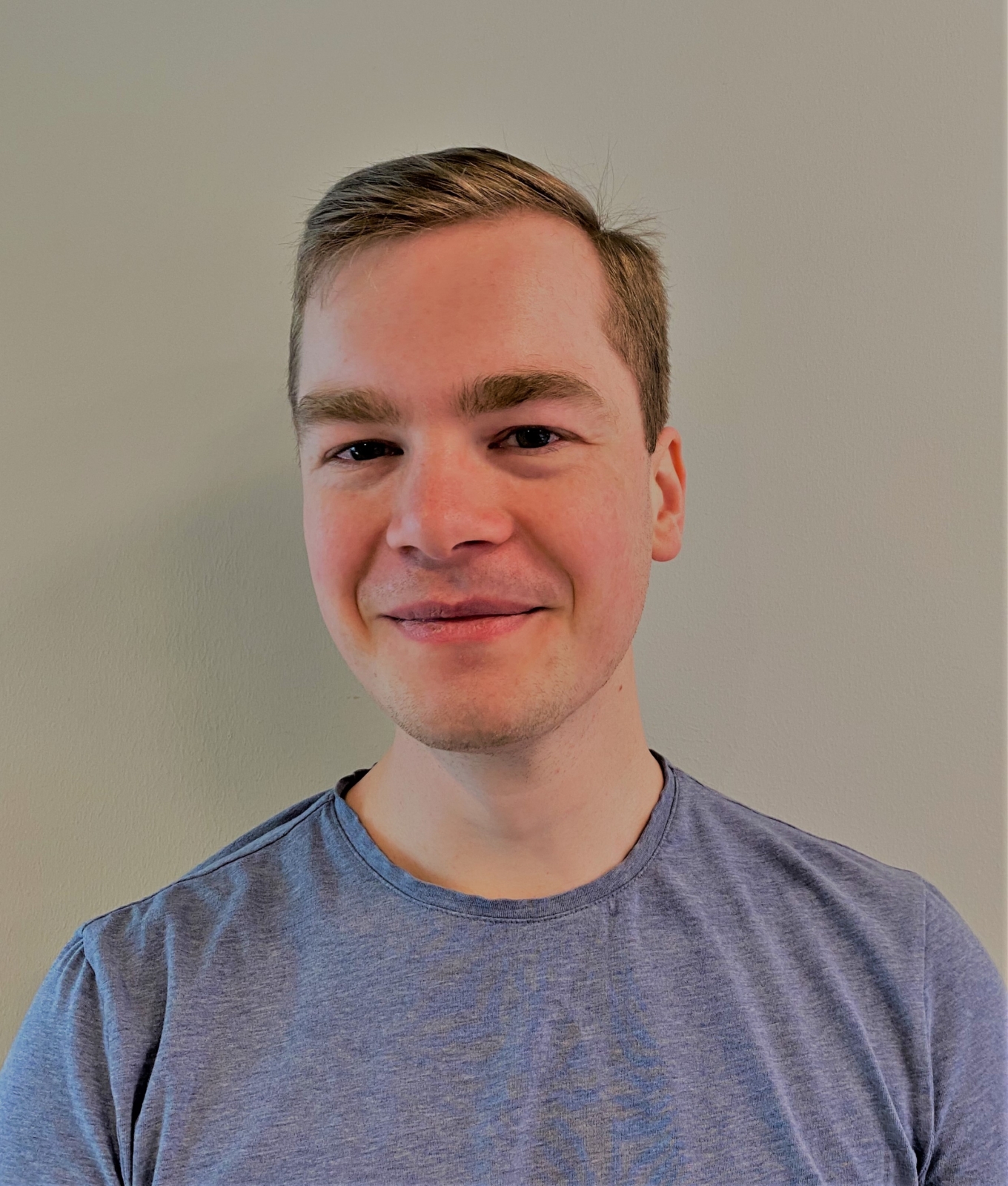
Ivan is a Physics student at Chalmers doing his master’s thesis in quantum thermodynamics, supervised by Mikael and Marina. He did his B.Sc. in Engineering Physics. Then, he did an exchange year in Germany studying Quantum Technology at RWTH Aachen. In his freetime he likes bouldering and hiking.
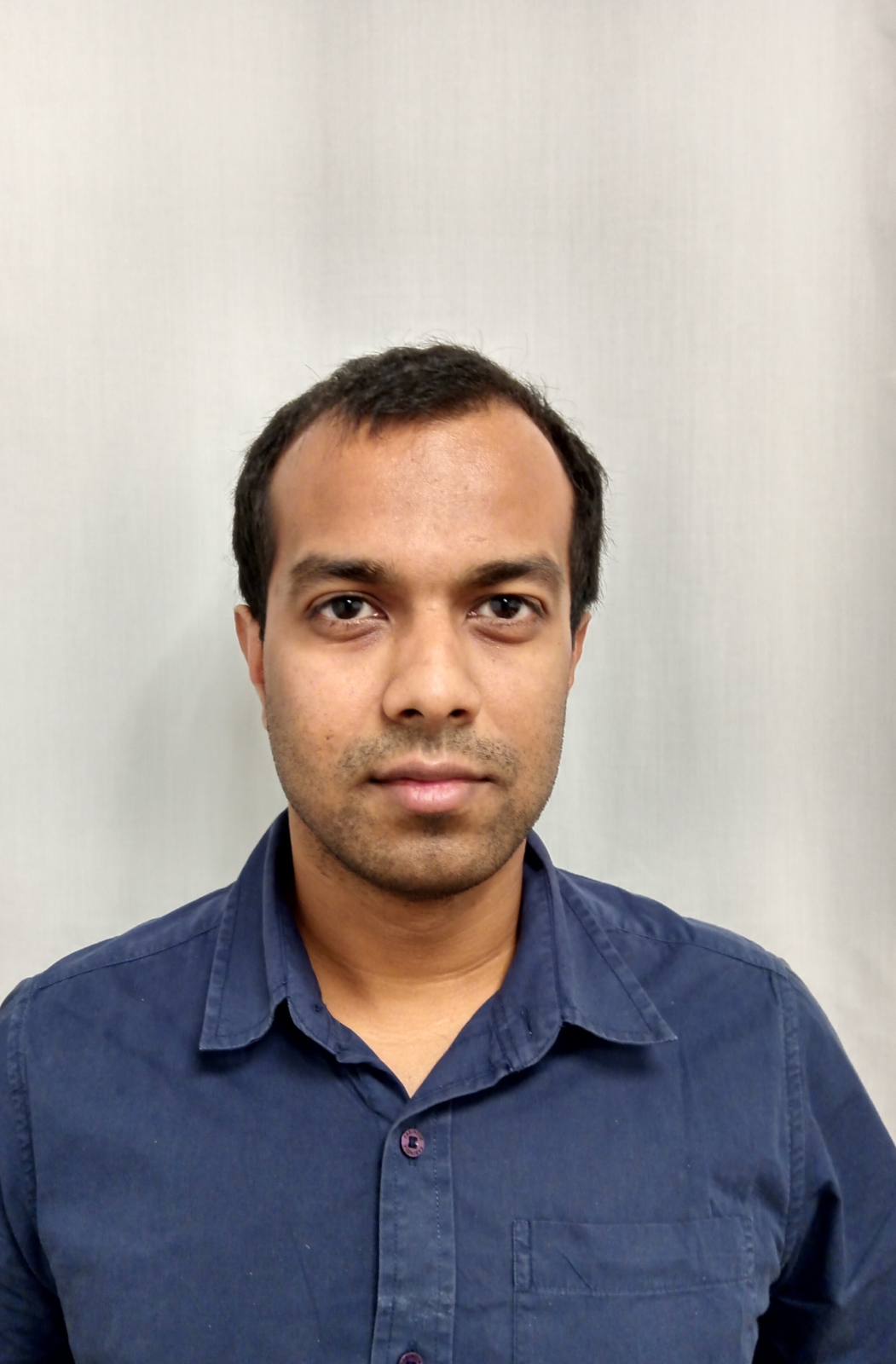
Kazi obtained his PhD from Indian Institute of Science, Bangalore, where he studied electron transport in Graphene devices. Then he moved to France, and did his postdoctoral research in CNRS Institut Neel and CEA Grenoble, where studied high kinetic inductance material based microwave resonators and nanomechanical oscillators. Kazi joined 202Q-lab as a postdoc in November 2021. His research topic is to study interactions in metamaterials. In his free time, he enjoys reading, photography, and exploring nature.
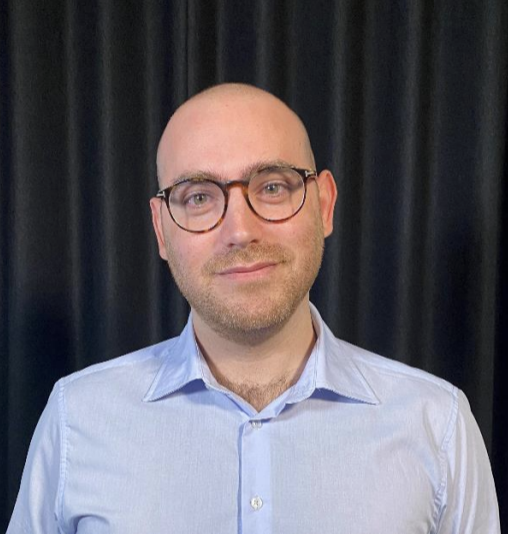
Marco is a PhD student in his last year, supervised by Per Delsing and Simone. His research focuses on the effects of different type of environments on quantum systems. He has been studying the loss of coherence due to spurious coupling to unwanted baths, the change in scattering properties of a quantum emitter due to thermal photonic environment, the dressed excitation generated by the coupling of the quantum emitter to a structured environment, and the large cooperativity obtained by coupling surface acoustic wave resonators to high-impedance electromagnetic resonators.
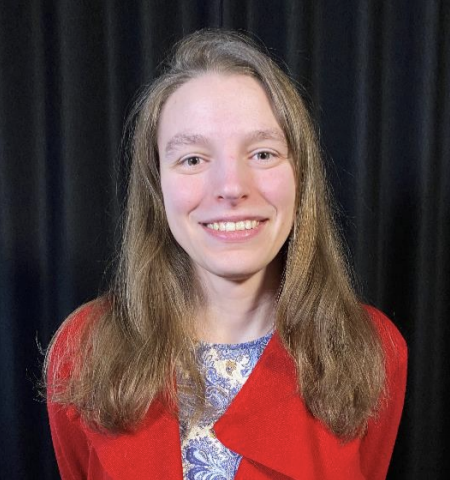
Marina is a joint student of Simone and Prof. Per Delsing. She is working on continuous variable quantum computing using superconducting 3D cavities. She obtained her master’s degree in Nanoscience and Nanotechnology from an Erasmus Mundus Master program held jointly by KU Leuven in Belgium and Chalmers University of Technology in Sweden. She has a bachelor’s degree in electrical engineering from University of Belgrade in Serbia. She enjoys horseback riding, walking her dog and climbing in her spare time.
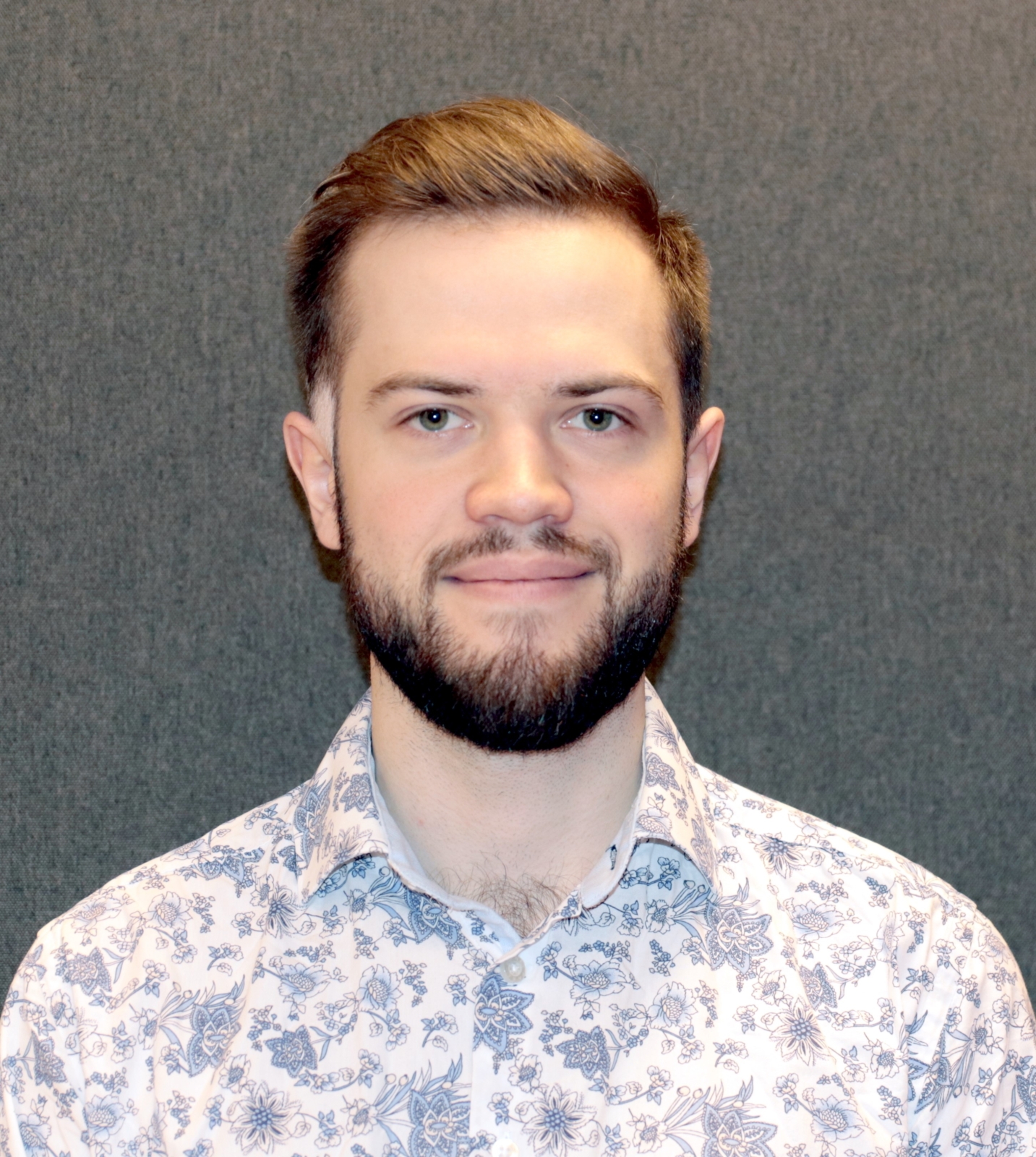
Martin works as an amanuensis with a focus on automation and software infrastructure. He is currently in his final year of his B.Sc. in Mathematical Engineering and is aiming for a Master’s in Complex Adaptive Systems at Chalmers. In his free time, he enjoys programming, video games and reading.
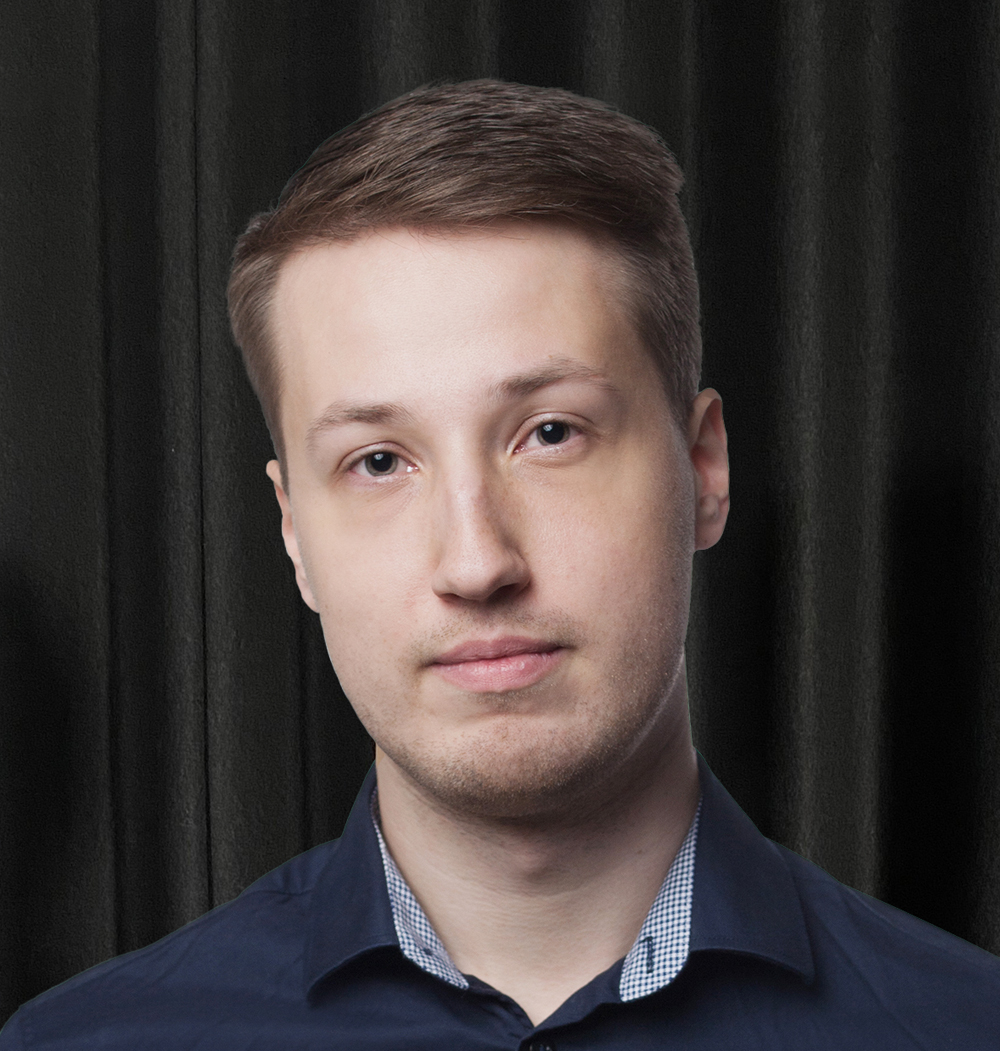
Mikael joined 202Q-lab as a postdoc in November 2020 after obtaining his PhD in Aalto University, Finland. During his PhD he studied the quantum control of bulk acoustic phonons. In 202Q-lab, he is working with quantum information processing with bosonic encodings in superconducting 3d cavities.
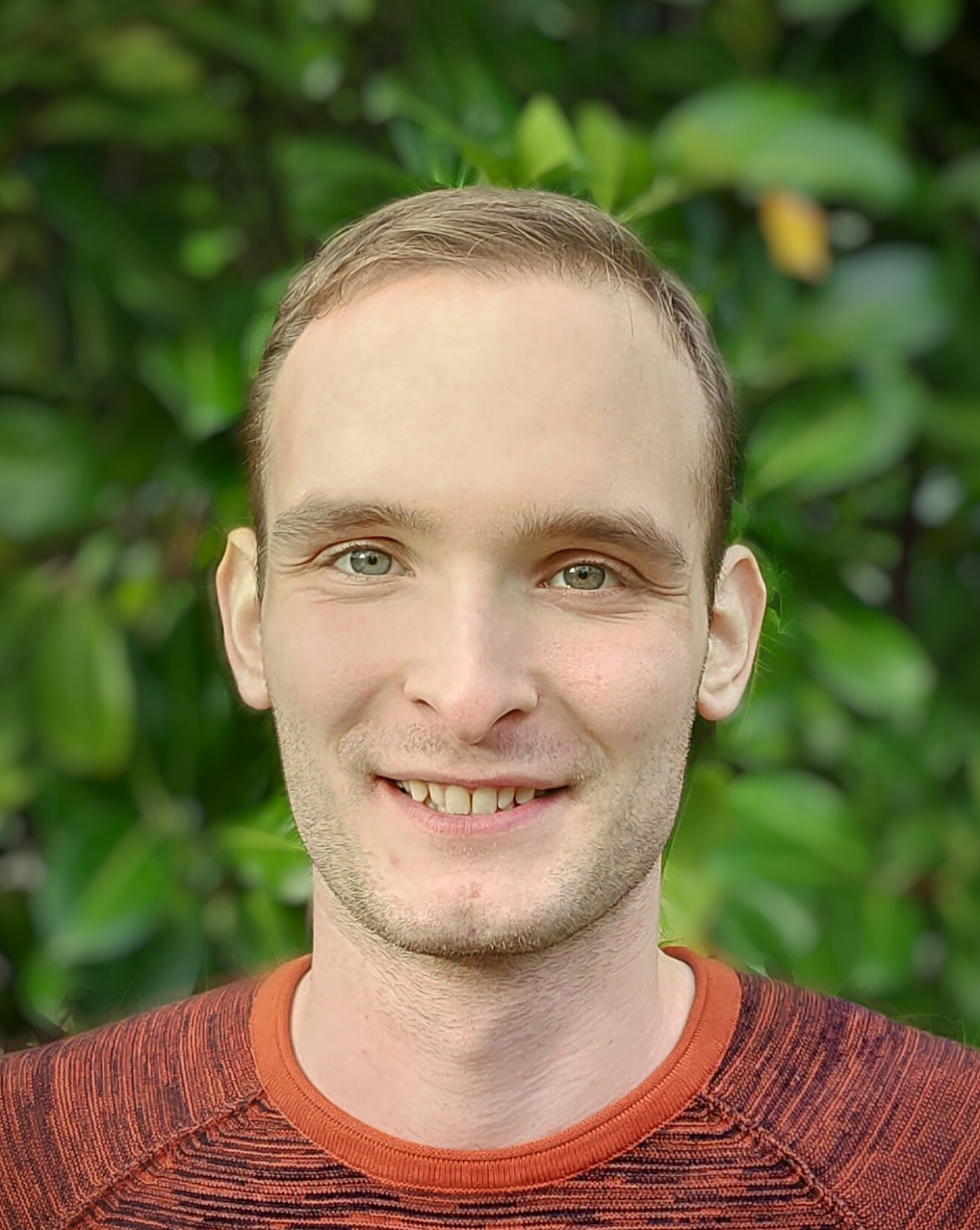
Nils obtained a B.Sc. in Physics with a thesis on turbulent particle transport in low-temperature plasmas. Until the end of 2023, he developed an experimental framework as well as Monte Carlo simulations for ultra-cold quantum gases research. In 2024, alongside his Masters, he joined the 202Q-lab as an amanuensis to design a superconducting low-pass filter and reduce low-frequency flux noise. In his free time, he enjoys reading and all kinds of outdoors sports.
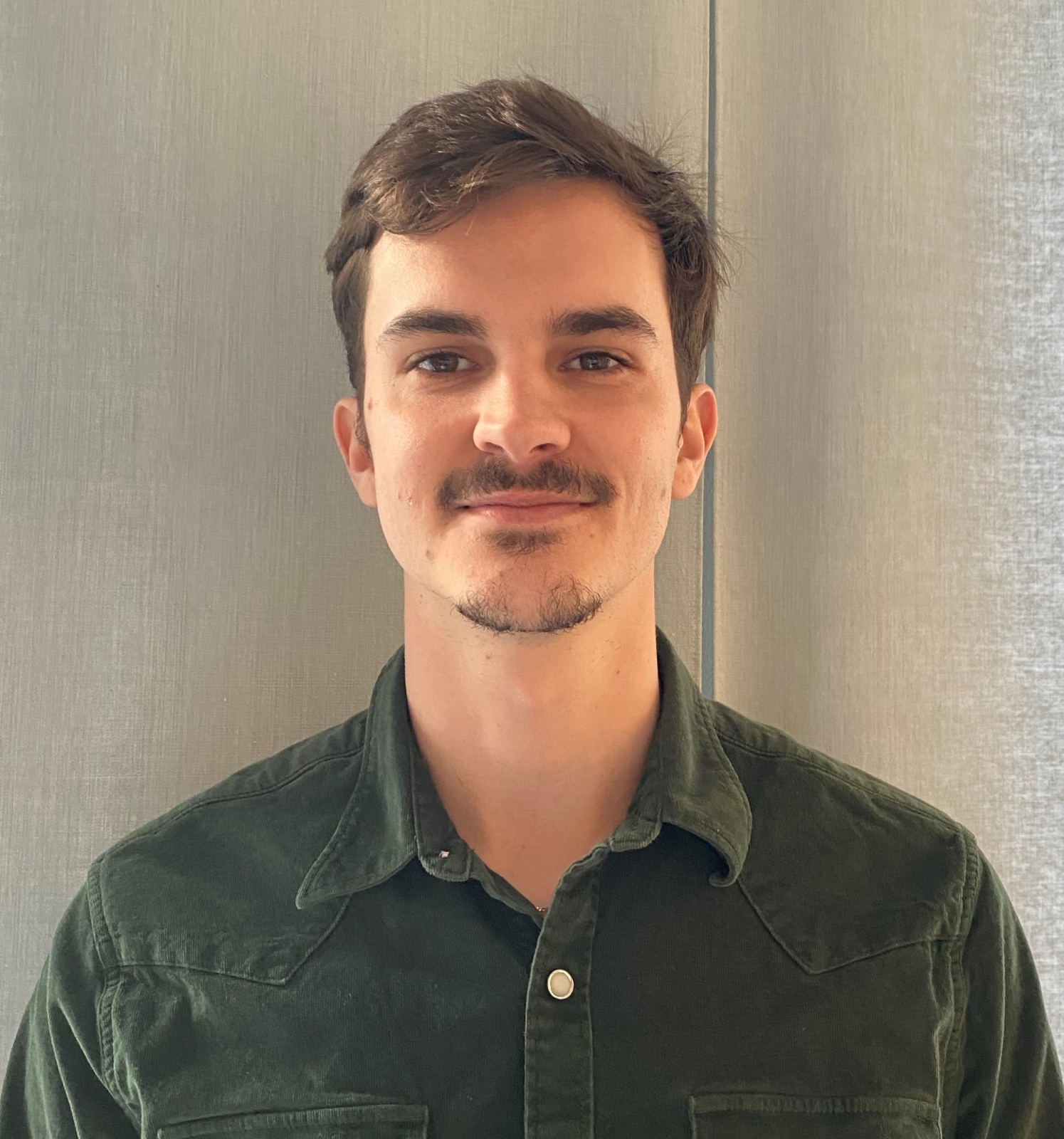
Paul is a Nanotechnology master student at Chalmers with a Bachelor degree in Engineering Physics from UPC Barcelona. He did his Bachelor thesis in the Laboratory of Semiconductor Materials (LMSC) at EPFL where he also worked as an amanuensis for nine months after his thesis. He joined 202Q-Lab in November for a master thesis in quantum thermodynamics under the supervision of Aamir.
On his spare time Paul enjoys sport climbing and playing chess.
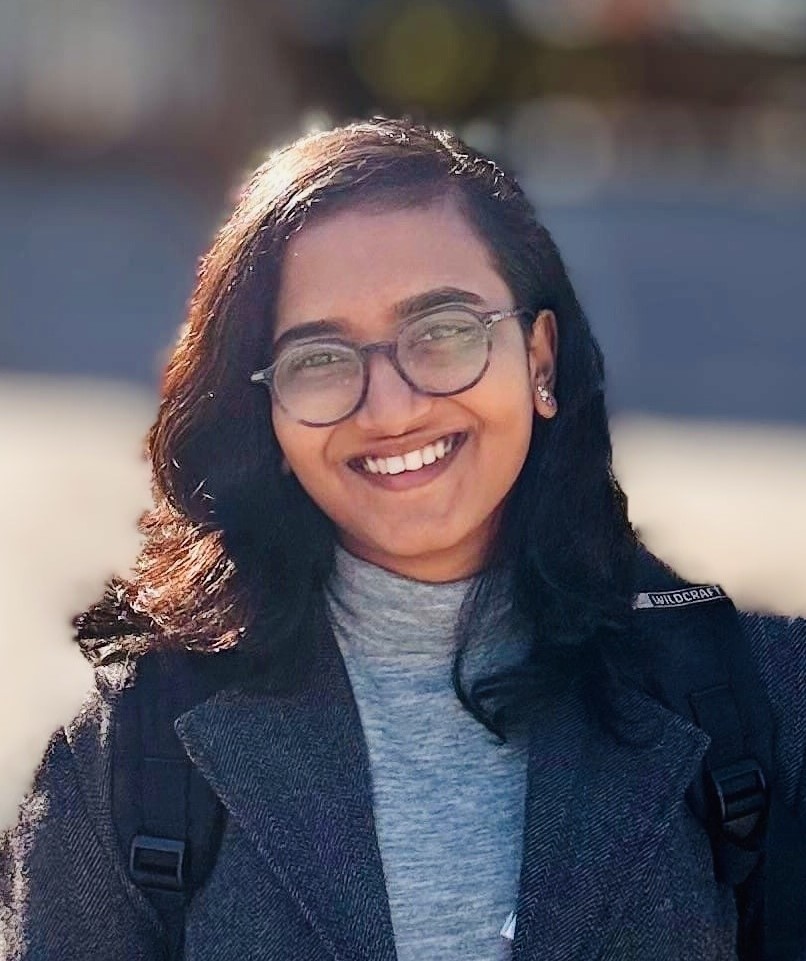
Prakriti joined the 202Q-lab in May 2024 as a summer research intern. Her research focuses on controlling the relaxation time of fluxoniums. She is currently completing her Bachelor of Technology degree in Engineering Physics as the Indian Institute of Technology, Bombay. Her prior research, conducted at the Indian Institute of Science Bangalore, focuses on bilayer and mixed species trapped ion qubits. She also has some background in quantum cryptography, specifically quantum oblivious transfer. Prakriti loves travelling and her hobbies include theatre, football, swimming, dance, reading, writing poetry, and art.
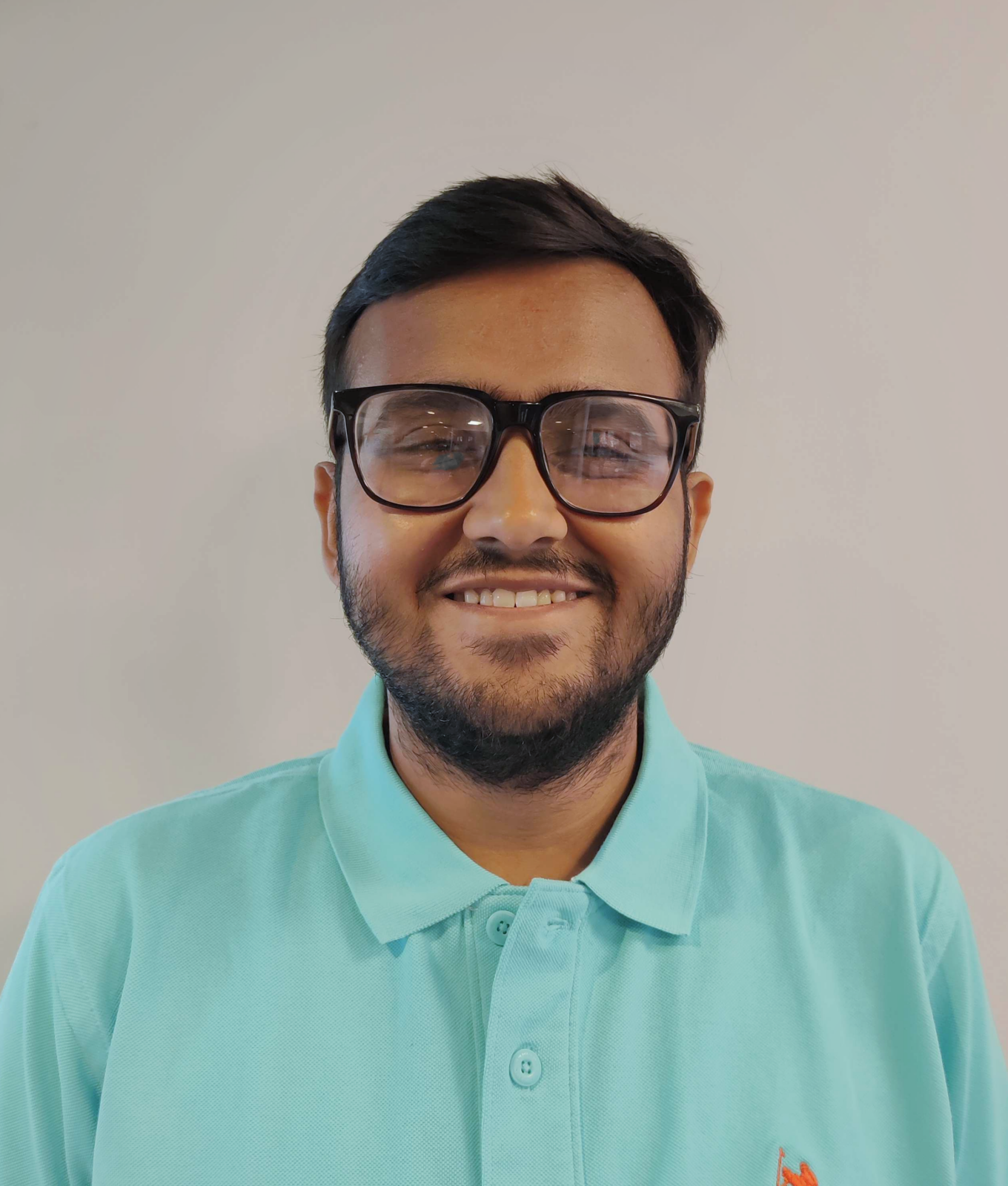
Pranjal is currently pursuing an integrated dual degree, a B.E. in Electrical and Electronics Engineering, and an M.Sc. in Physics from BITS Pilani, Pilani Campus in India. At the 202Q-Lab he’s working on his Master’s Thesis which focuses on designing microstrip kinetic Travelling Wave Parametric Amplifiers. In his free time, he enjoys going on runs, photography, as well as playing tennis and football.
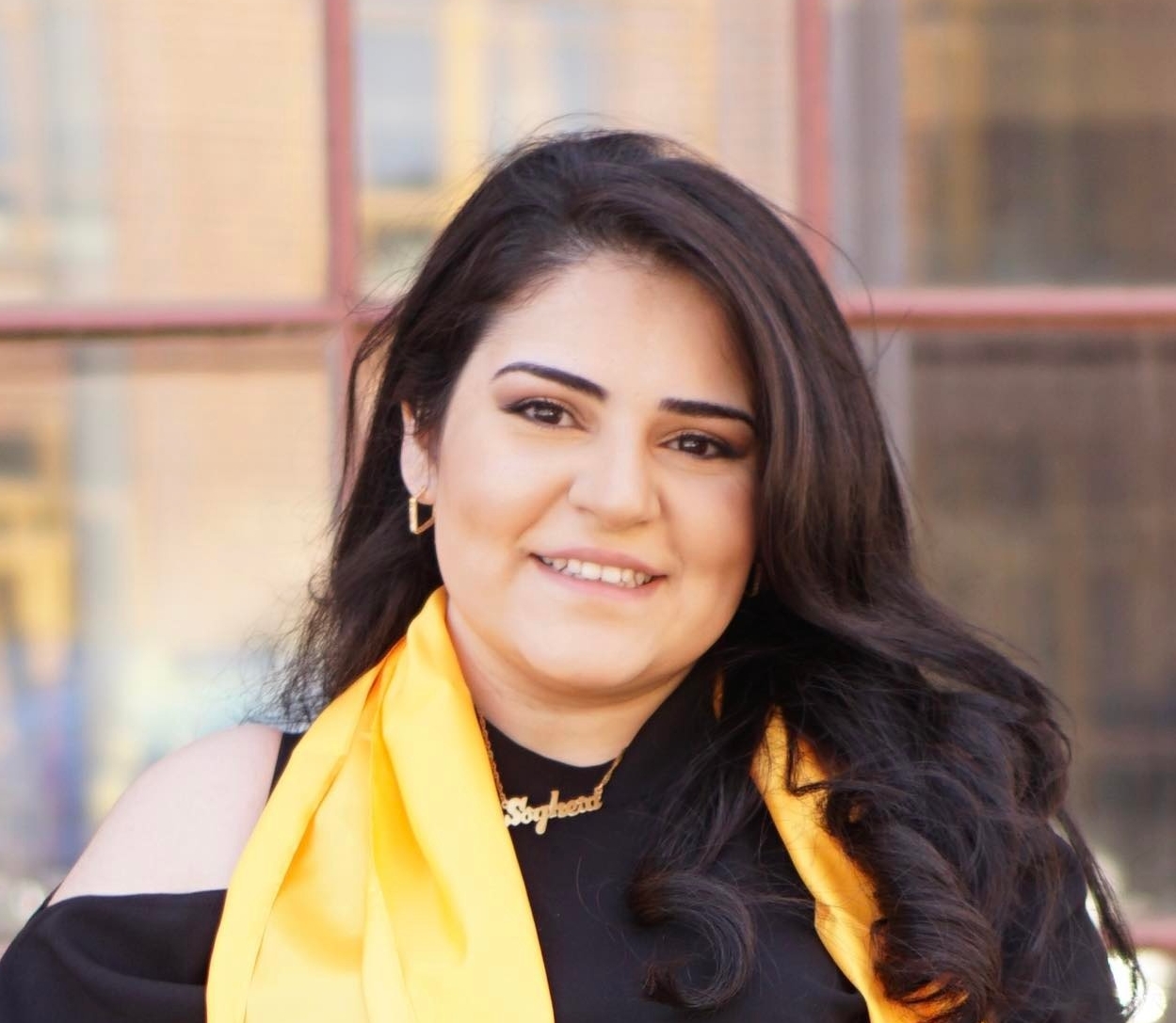
Sogeta graduated with a Bachelor’s degree in Software Engineering and Mobile Platforms from Jönköping University in 2021. During her undergraduate studies, she participated in an exchange semester at the University of Applied Sciences Northwestern Switzerland, where she actively collaborated on a project with the Swiss Social Democratic Party. Continuing her academic journey, Sogeta started her Master’s degree in Software Engineering and Technology at Chalmers University. Alongside her studies, she also worked as a Research Assistant and Teaching Assistant at the Computer Science Department, further deepening her understanding and engagement in the field.
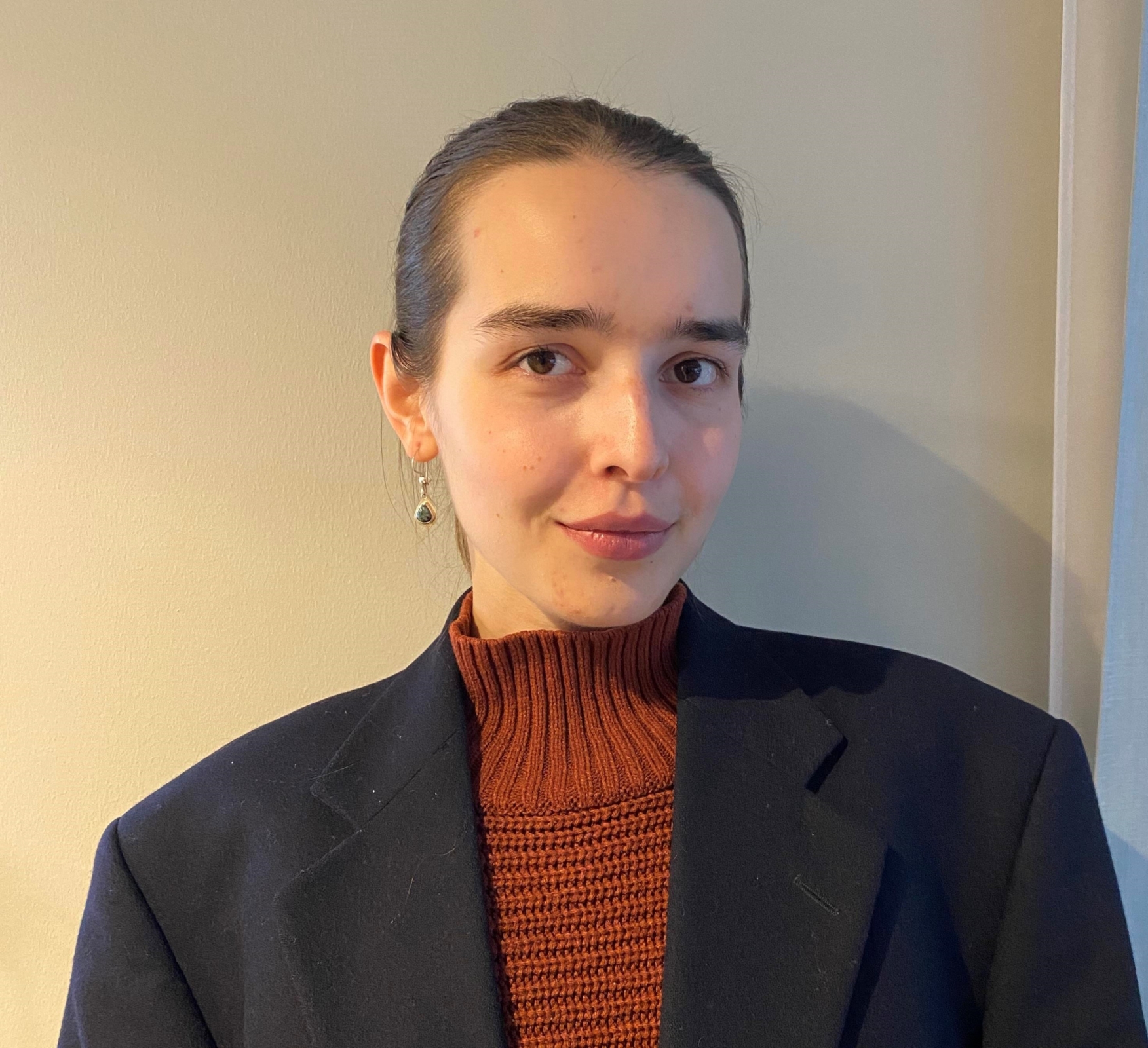
Veronika obtained her bachelor’s degree in Physics at Lomonosov Moscow State University in Russia. Currently, she is doing a master degree in Erasmus Mundus Master in Nanoscience and Nanotechnology program, which KU Leuven offers in Belgium and Chalmers University of Technology in Sweden. Her master thesis project is about fabricating a device for continuous variable quantum computation. She is proud of her podcast about mythology which she broadcasts in her spare time.